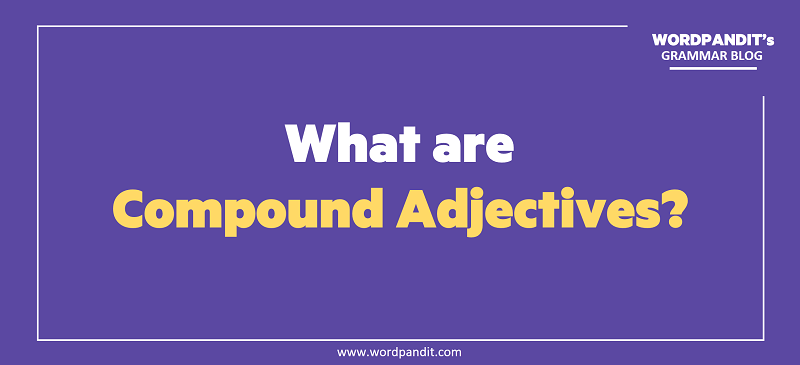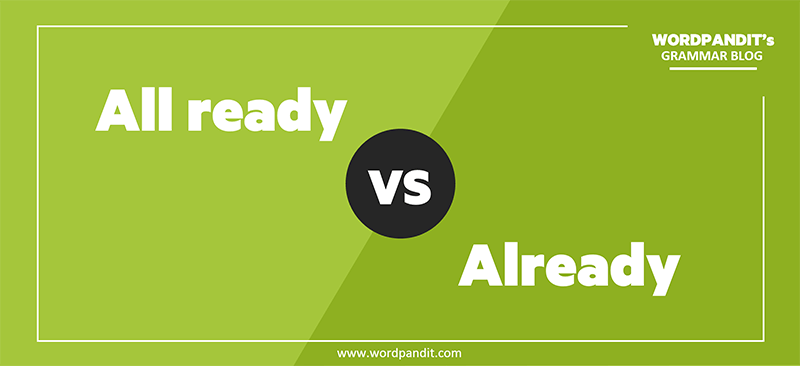


Choose vs. Chose
One of the most commonly made mistakes in English language is with the word ‘choice’. Choice consists of the mental process of judging the merits of multiple options and selecting one or more of them. It is a noun. For example, “she made the right choice!” Here ‘made’...
It’s vs. Its
Time to explain another tricky difference: its and it’s. Well, we got to take in our staple of differences, haven’t we? The Basics: It’s It’s is short for it is or it has. This is an absolute rule. It’s cannot be used for anything else. So all you got to...
Your vs. You’re
We could not pick a simpler topic for today’s Grammar lesson than this, could we? Well, the simple difference between your and you’re can confound many a soul. Let’s dig into the difference! You’re is short for you are. Your shows that something belongs to...
All ready vs. Already
Are all ready already to understand the difference between all ready and already? Or should it be: Are already all ready to understand the difference between all ready and already? Well, the above is a mini-tongue twister, isn’t it? These two seemingly simple words...












